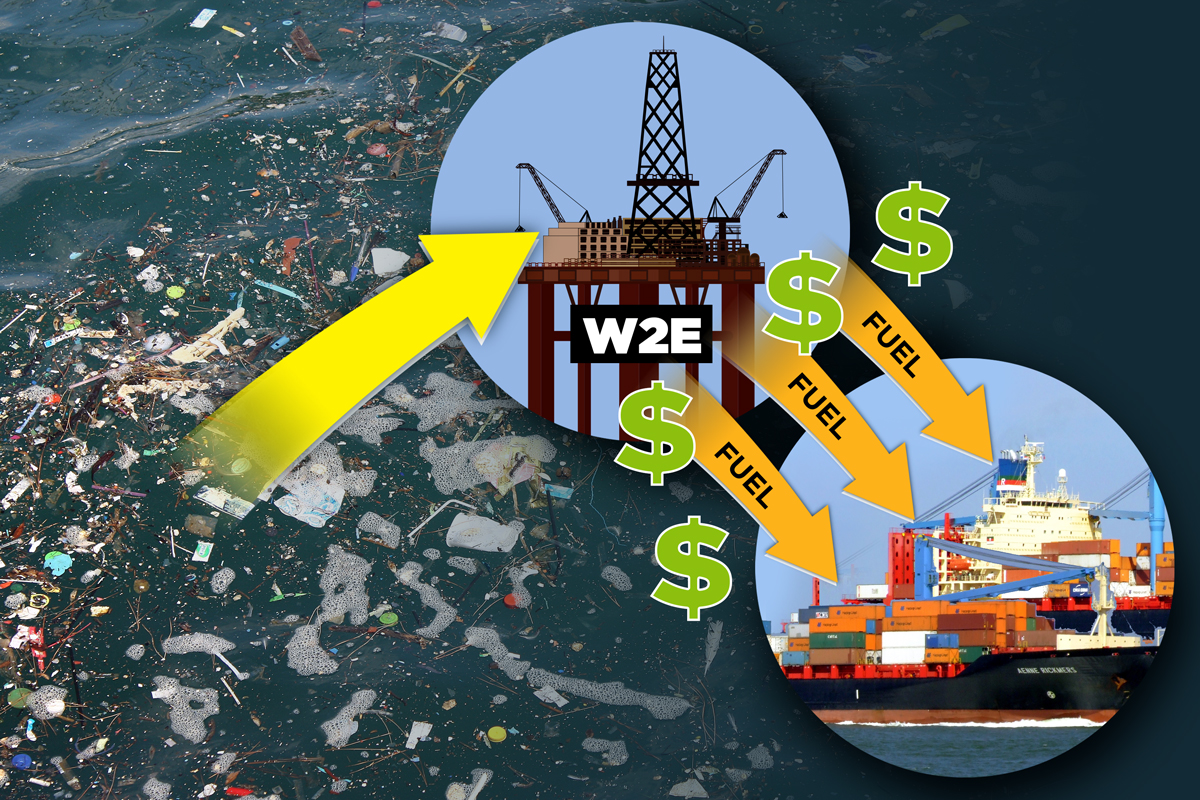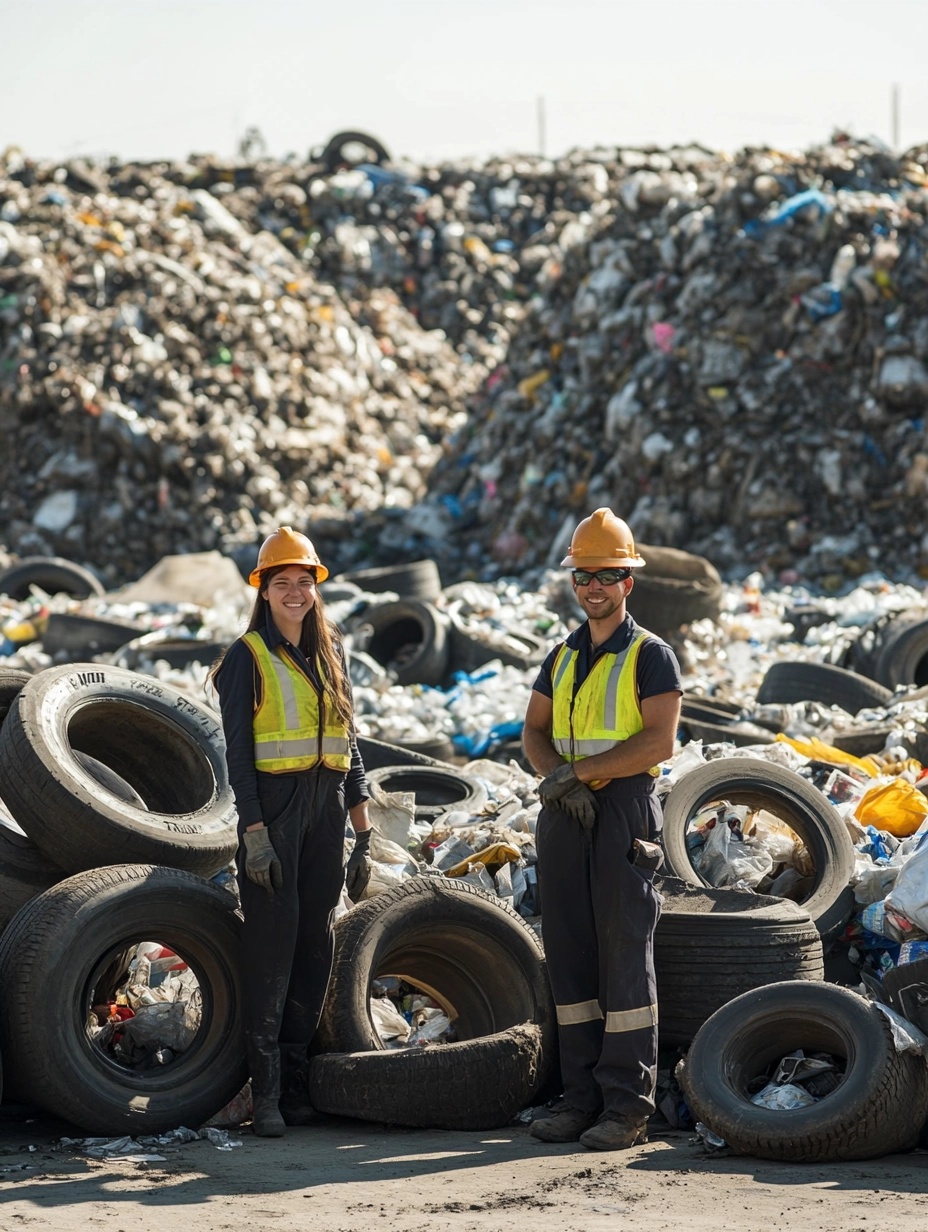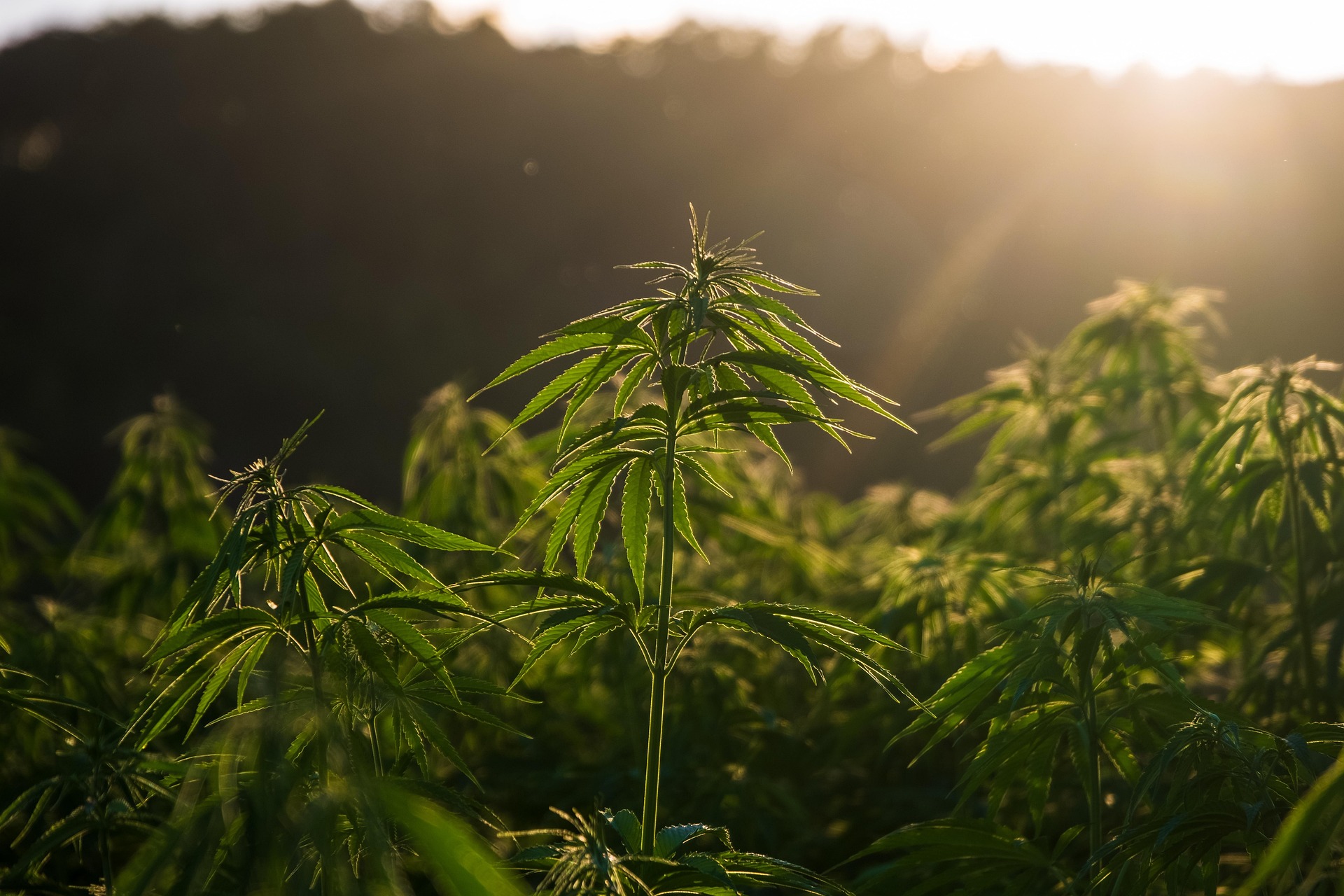EarthFuel: Renewable Biofuels for a Sustainable Future

Hydrocarbon-based fuels, including those used in the automotive, industrial, and airline sectors, are non-renewable and contribute significantly to global pollution. Plastics, produced from hydrocarbons, are also predicted to account for 20% of petrochemical production by 2050. Garbage is one of the single largest environmental, social, and economic problems we have globally. Worldwide, municipal waste generation alone is expected to rise from 2.01 billion tons today to 3.40 billion tons by 2050. This waste represents untapped potential as fuel, and EarthFuel aims to help bridge this gap by converting waste into biofuels, reducing both waste and reliance on fossil fuels.

In addition to waste-to-fuel conversion, EarthFuel explores alternative sources like hemp oil derived from hemp seeds. Though hemp is fully renewable and carbon-neutral, it is not yet practical for large-scale fuel production due to economic limitations. However, it remains a valuable example of small-scale industry within our program. Hemp biofuel, alongside biodiesel from waste conversion, offers a pathway to a more sustainable future. By incorporating biomass into products like biochar, EarthFuel creates a viable economic model for smaller-scale operations, earning carbon credits along the way and further reducing environmental toxins.

Through collaboration with state and local governments, EarthFuel gains access to better markets for selling its renewable fuels, including opportunities to earn renewable fuel credits. This model ensures economic sustainability while aligning with public-sector goals. By leveraging waste conversion, biofuels, and innovative practices like carbon credit trading, EarthFuel plays a pivotal role in transitioning from hydrocarbon fuels to fully renewable options such as hydrogen or electric, all while reducing waste, toxins, and environmental impact.

